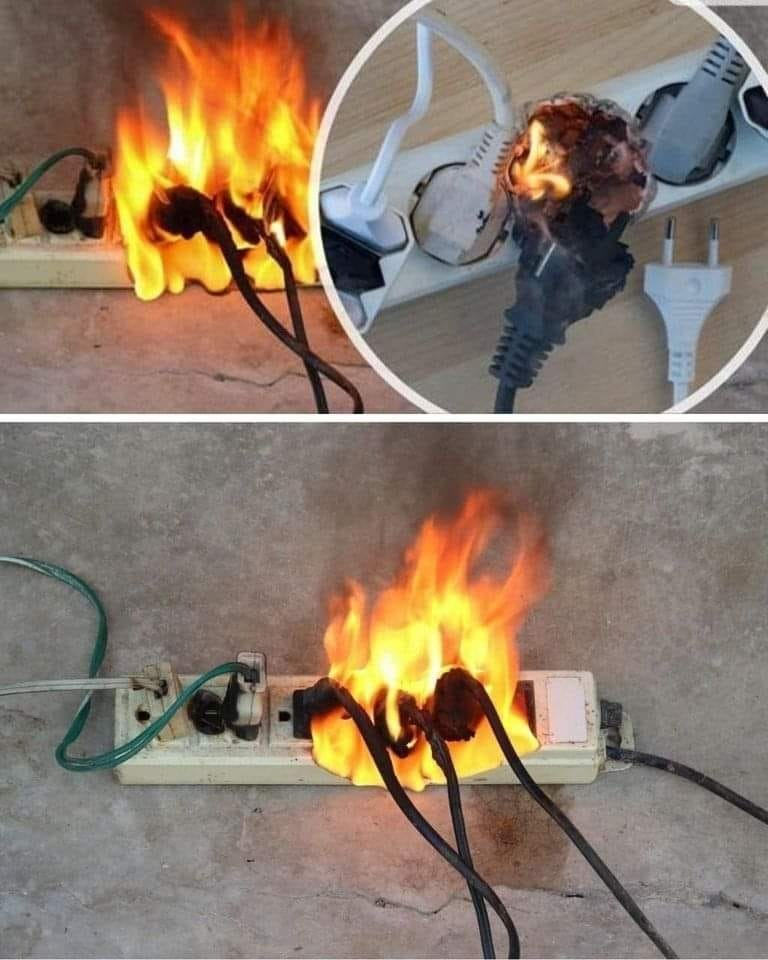ADVERTISEMENT
Despite the fact that it is handy to connect various electrical devices into power strips, it is essential to have a thorough understanding of the possible risks that are linked with this activity.
The significance of exercising caution while working with power strips is something that I too have learned via my own personal experience. I have been very careful about electrical safety ever since that time. We have compiled a list of nine items that should never be plugged into a power strip.
1. Check the Maximum Output of the Power Strip Before connecting any devices, it is important to check the maximum capacity of the power strip, which is normally displayed on the power cable. It is essential to have this information in order to avoid overloads.
2. Determining the Power of the item The ability to determine the power rating of any electrical item is written on the appliance itself. If, for example, you have a power strip that is capable of handling up to 3500 watts and you have appliances such as an oven (2500W), a vacuum cleaner (800W), and a kettle (250W) plugged in at the same time, then you have surpassed the limit and need to disconnect someone or something in order to prevent any potential dangers.
Notable Electronics That Should Not Be Connected to Power Strips:
hat Should Not Be Connected to Power Strips:
To begin, ovens are power-hungry appliances that should never be connected to power strips because of their high power consumption. Make use of a wall outlet that is specifically designed for that purpose in order to avoid overheating and possible fire threats.
2. Refrigerator: Although their power consumption is lower than that of other appliances, refrigerators nevertheless need a steady supply of energy and should be hooked directly into a wall socket in order to prevent overloading.
For Complete Cooking STEPS Please Head On Over To Next Page Or Open button (>) and don’t forget to SHARE with your Facebook friends
